T4K3.news
Back pain guide highlights fast MRI option
Fast MRI access in Utah offers quicker answers for persistent back pain but can involve upfront costs and insurer hurdles.
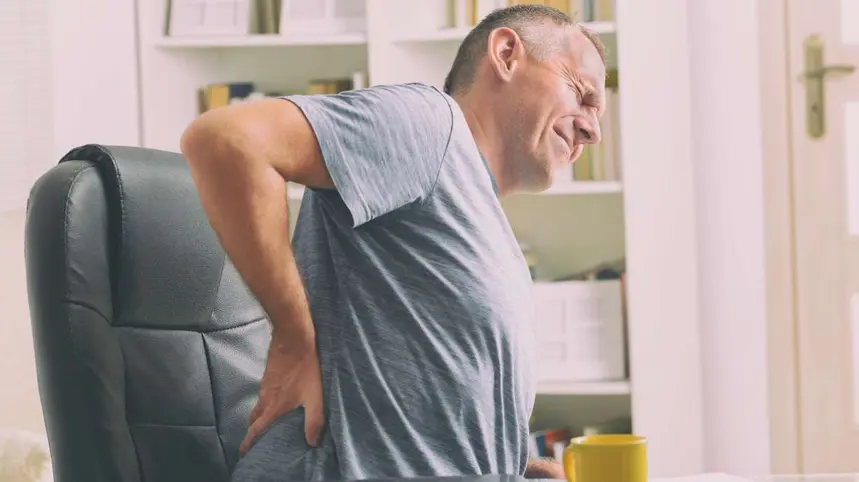
A look at the main reasons for back pain in Utah residents and how quick MRI options are changing the path to diagnosis and relief.
Common Utah back pain causes and fast MRI access
Back pain remains a leading health issue in the United States, and Utah is no exception. The most common causes cited include bad posture from long hours at desks and screens, muscle strains from lifting or overexertion, herniated disks that press on nerves, and degenerative conditions such as osteoarthritis that come with age. Stress also plays a role by increasing muscle tension and inflammation, making pain feel worse even without a clear injury. Practitioners emphasize simple steps like changing positions, taking breaks, and paying attention to spinal support to reduce strain.
Diagnosis often hinges on imaging. An MRI can reveal the exact source of pain in the spine and guide treatment, from physical therapy to surgery. But access is not always quick: referrals, insurance delays, and deductibles can slow relief. Some clinics now offer direct scheduling for MRI scans, with transparent pricing and rapid results, which can help patients move from doubt to clarity faster.
Key Takeaways
"When a disk herniates, some of the cushioning material slips out of the casing that holds it."
Shawna Seed explains herniated disks in WebMD.
"Regular exercise, stretching, and good posture can help alleviate back pain, while stress management techniques like meditation and deep breathing can help reduce stress levels."
Health guidance attributed to Traci Pedersen in Healthline.
"Stress can lead to inflammation, muscle spasms, and tension in your back."
Healthline quote attributed to Traci Pedersen.
"No matter the cause of your back pain, the key to relief is getting an accurate diagnosis."
General MRI diagnostic guidance.
Two threads run through this piece. First, it highlights how everyday habits and lifestyle factors drive most back pain. Second, it shows how access to diagnostic tools shapes patient decisions. When MRI becomes a near-term option, patients may pursue faster relief but bear upfront costs.
That tension raises questions about equity and medical guidance. Speeding up imaging can help individuals but risks encouraging unnecessary tests if clinicians rely on scans without clear clinical signs. The content also leans into advertising language, underscoring the need for independent guidance and transparent pricing so people can choose care that fits their needs rather than their budget.
Highlights
- Fast MRI can help you skip the guesswork and find relief.
- Posture today shapes your spine tomorrow.
- Stress runs through your back and your day.
- A slipped disk changes your steps in an instant.
Financial and access risks around MRI as back pain diagnostic path
The article describes upfront MRI costs and insurance delays, raising concerns about affordability and timely care. It also touches advertising-driven messaging which could influence patient choices. These factors create budget and access risks for patients.
The spine tells the truth when we listen to our bodies and to the facts behind the diagnosis.
Enjoyed this? Let your friends know!
Related News
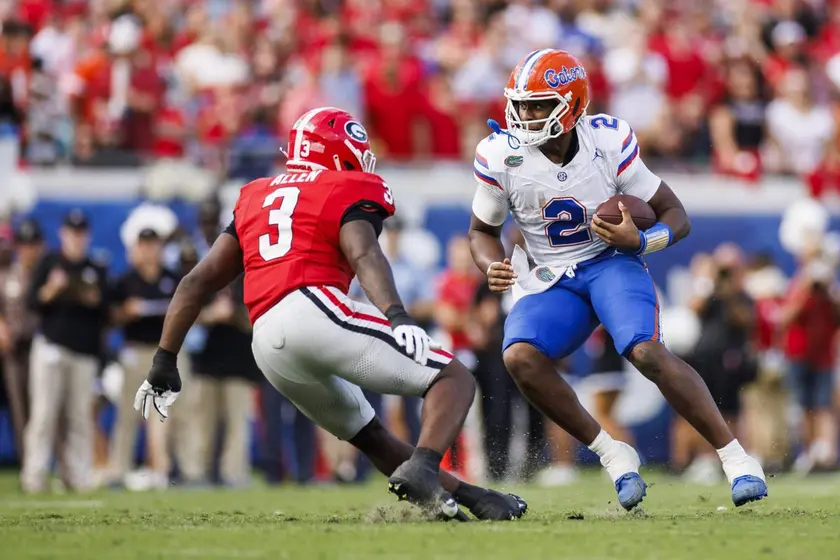
Updated bandwagon picks for 2025
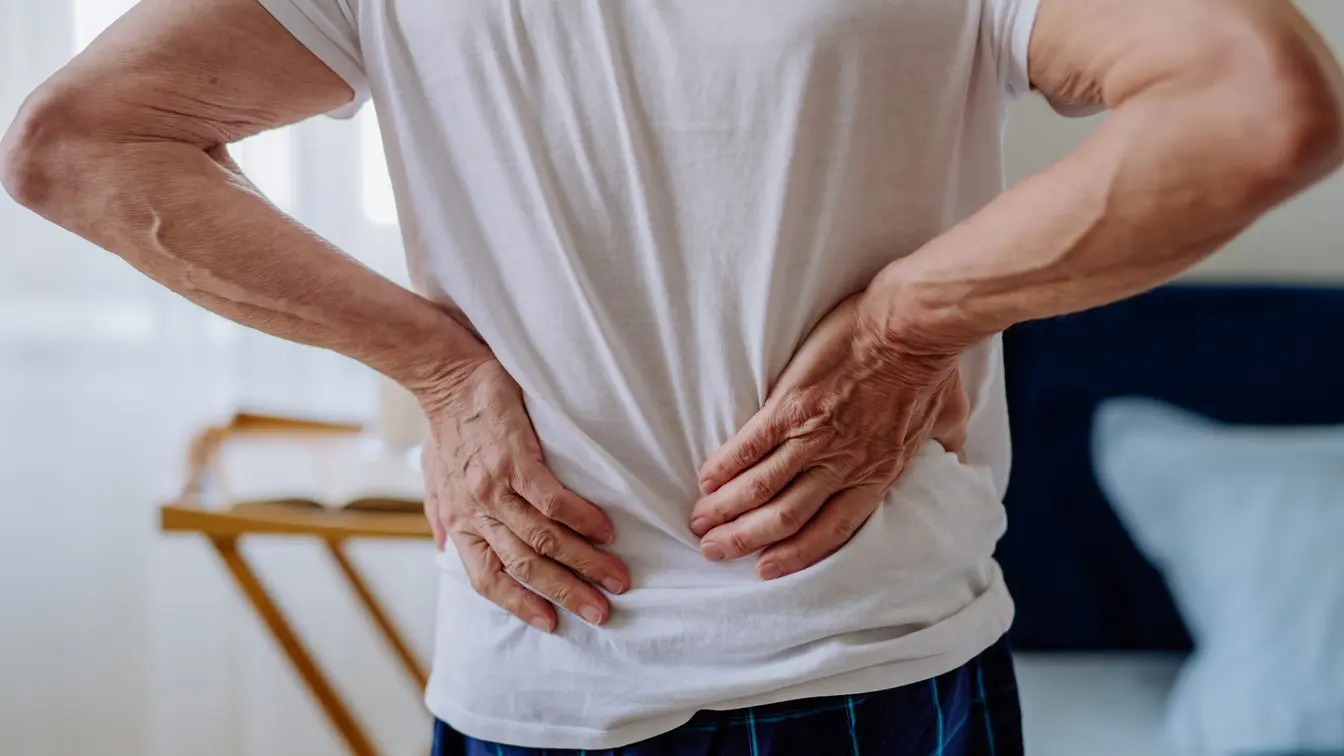
Back pain affects millions globally

Engineer diagnosed with rare cancer
Pixel Watch 4 upgrades arrive at same price
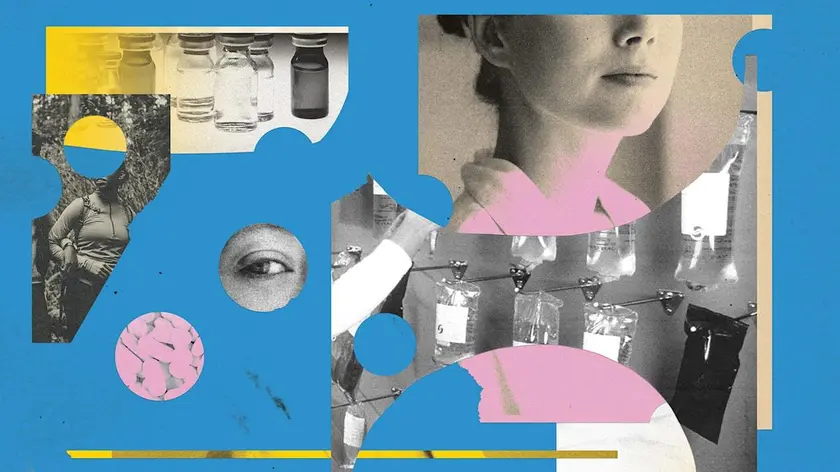
Rising cancer rates in young women

Mother warns about nasal tanning sprays after daughter's death
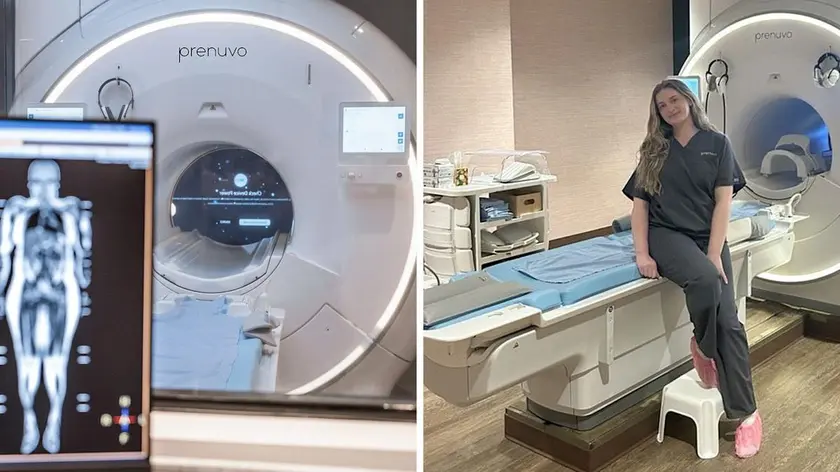
Whole Body MRI Insight vs Cost

UK mum seeks life saving cancer treatment abroad after nhs funding gaps
